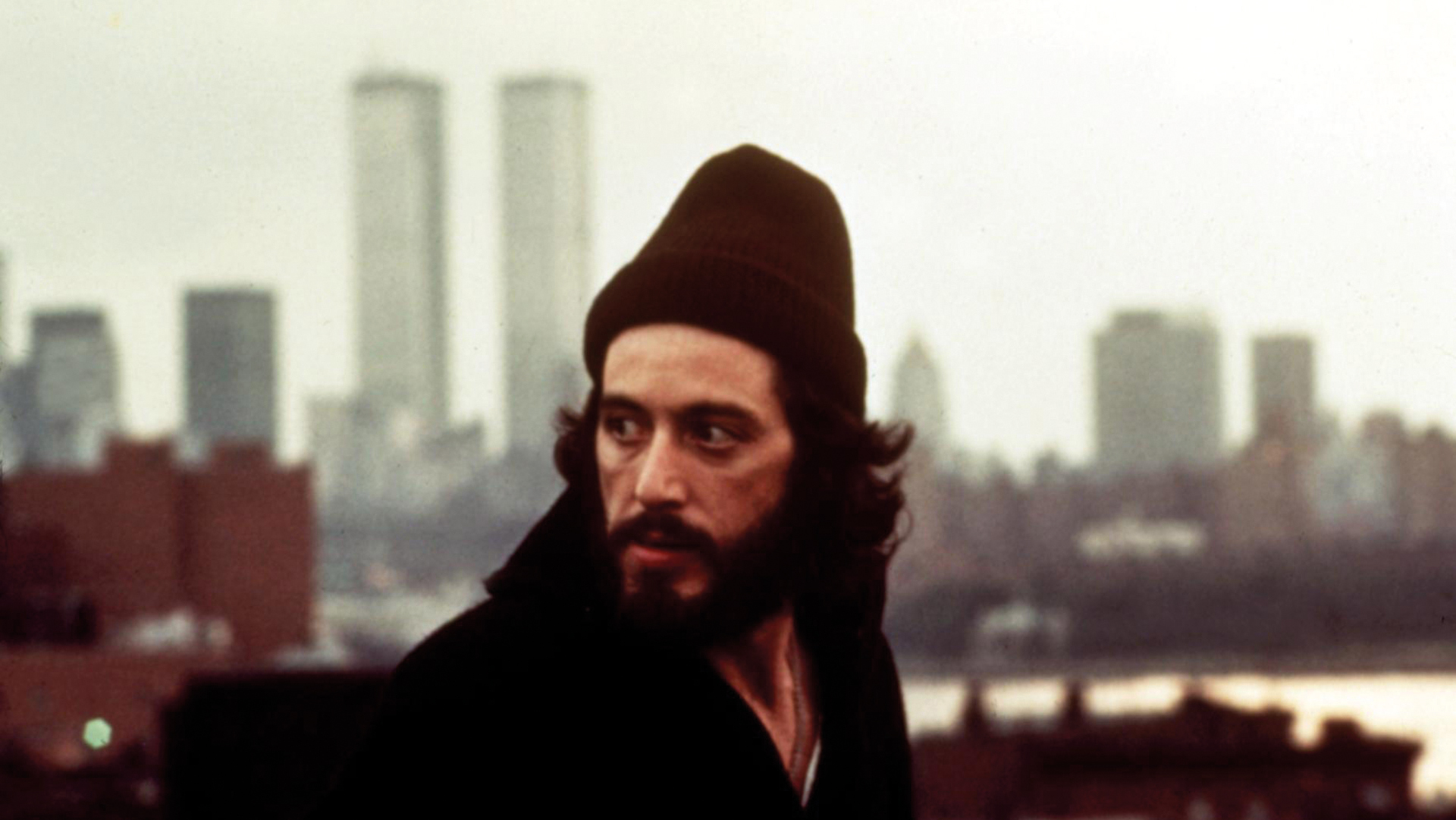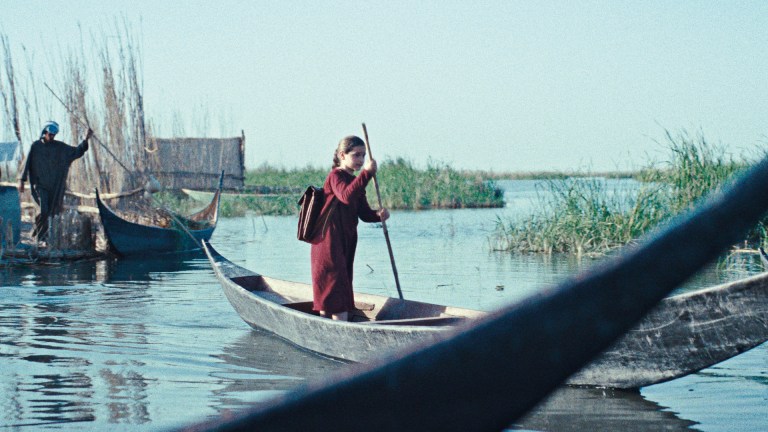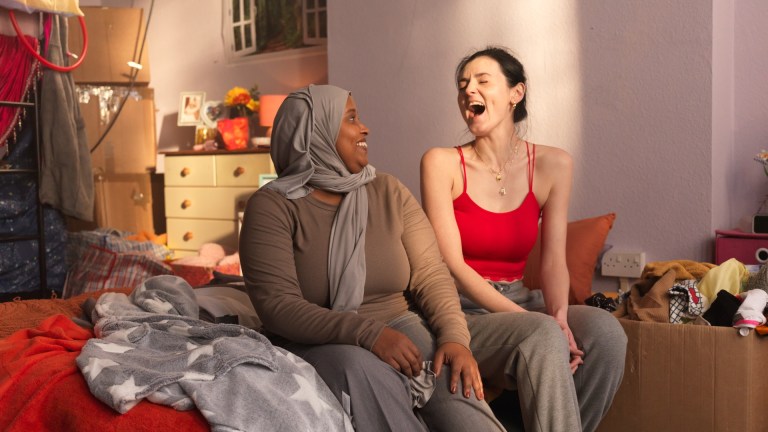The summer 2023 cinema season, usually buzzy with premieres and festivals, has been coloured by an ongoing dispute between film studios and workers. The WGA and SAG-AFTRA unions, representing American writers and actors respectively, are striking over low residual pay from streaming sites, as well as concerns over the role of AI in TV and film. The strikes have already caused disruption to the year’s film release schedule, forcing studios to push highly anticipated titles like Dune: Part 2 and Challengers to 2024.
It’s not the first time Hollywood studios have turned against their workers. In the 1940s and ’50s, more than 150 actors, writers, directors and craftspeople were blacklisted for suspected communist activity during the McCarthy era. The panic that led to it can be traced back to film industry strikes in the 1930s. Although this year’s strikes are not expected to lead to such upheaval, they are happening in an era of comparable social division between left and right. What effect can we expect them to have on the Hollywood of the future?
Get the latest news and insight into how the Big Issue magazine is made by signing up for the Inside Big Issue newsletter
Clues may be found in Look Who’s Back: the Hollywood Renaissance & the Blacklist, currently touring UK cinemas. This season of seven films looks at the eventual return of blacklistees to the Hollywood that exiled them. They re-emerged in the New Hollywood of the 1960s and ’70s, which saw films
defiantly authored by their directors, rather than the studios. In that era, “America was experiencing significant social and political upheaval,” says season curator Andy Willis, professor of film studies at the University of Salford. “Inspired by the fight for civil rights and the growing anti-war movement… these filmmakers discovered their leftist and progressive politics had the potential to once again connect with audiences.”
The season includes resulting classics such as the anti-war film M*A*S*H, a collaboration between New Hollywood director Robert Altman and formerly blacklisted screenwriter Ring Lardner Jr, and comedy-drama Claudine, which sees formerly blacklisted director John Berry foreground the story of a Black working-class woman, played to perfection by Oscar-nominated Diahann Carroll.
- No more good cop, bad cop: Revisiting Serpico and Training Day in the wake of global calls to abolish the police
- Does Mission: Impossible prove Hollywood has forgotten how to end a movie?
- Ron Howard: “Making films is riskier than ever”
Hal Ashby’s 1975 satirical comedy Shampoo also features in the season, starring formerly blacklisted actor Lee Grant, who would go on to win an Oscar for the role. When substantial acting jobs subsequently fizzled out as a result of Hollywood sexism against older women, Grant began making a series of astonishing documentary films about persecuted groups, including people facing homelessness, incarcerated women and the trans community. The empathy Grant brings to these films can be traced back to her experiences of solidarity while on the blacklist. Speaking to The Big Issue earlier this year, Grant stated that, “I wasn’t scared during the blacklist… I had a community. And it was a real fighting community.”









